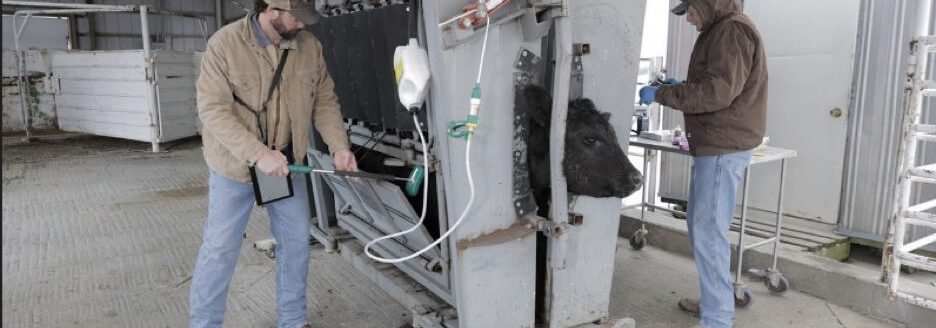6 more chicken officials charged with price fixing
A federal grand jury in Colorado made public the indictments of six more current and former officials of chicken-processing firms for price-fixing on Oct. 8, bringing the total number of industry officials to 10 that have been charged with price fixing since June.
The latest charges target executives from six different chicken companies, including more from Pilgrim’s Pride, and provide new details about the alleged conspiracy. Prosecutors allege the price fixing took place from 2012 into early 2019.
Among the individuals charged is Bill Lovette, a former chief executive of Pilgrim’s Pride Corp., who retired in March 2019. Pilgrim’s Pride has not commented on the charges. Tyson itself is not named, but two individuals are named from “Supplier-3” in Arkansas, where Tyson is headquartered in Springdale.
On June 2, the grand jury indicted Jayson Penn—CEO of Pilgrim’s Pride at the time—and three other individuals of violations of the Sherman Anti-Trust Act. A Tyson Foods statement issued June 10 said the company had uncovered information on its own that it self-reported and was cooperating fully with the investigation, while asking for leniency. In response to the latest news, Tyson declined to add to its June 10 statement.
Attorneys for the Department of Justice allege that executives of Pilgrim’s and Claxton Poultry Farms, a smaller chicken company, exchanged prices and other details during the process of bidding on chicken-supply deals for major quick-serve restaurant chains.
There are several ongoing antitrust investigations into pricing practices at pork and beef packing plants. At least one Justice Department investigation began before the coronavirus hit, causing severe disruptions in the meat supply. President Donald Trump also requested an investigation into pricing practices in the meat industry. In April, Sens. Josh Hawley, R-MO, and Tammy Baldwin, D-WI, asked the Federal Trade Commission to conduct its own investigation into meatpacking.
The Justice Department’s antitrust division submitted civil investigative demands—akin to subpoenas—to the four biggest meatpackers in June seeking information.
Coronavirus outbreaks forced the temporary closure of several major meatpacking plants and caused meat supply disruptions in the spring. Meat prices rose for consumers, while revenues to cattle and hog producers fell. The National Pork Producers Council has sought legal guidance from the Justice Department on what types of collaboration among packing plants are acceptable.
David Murray can be reached at [email protected].

